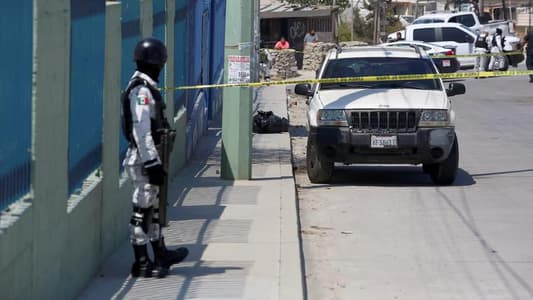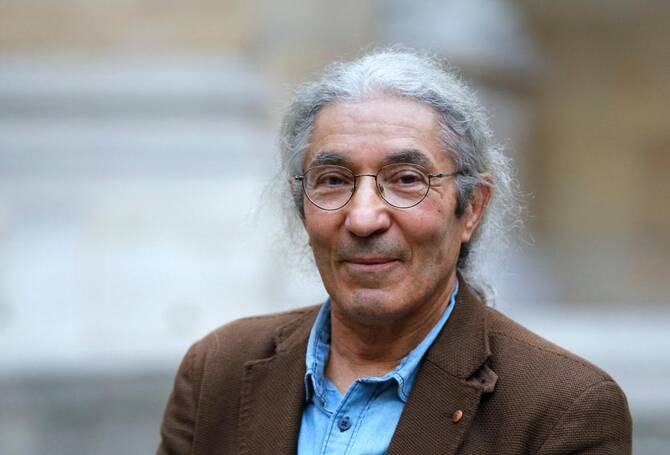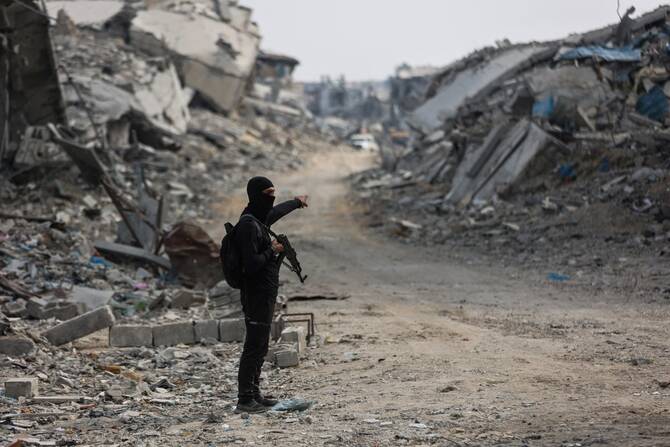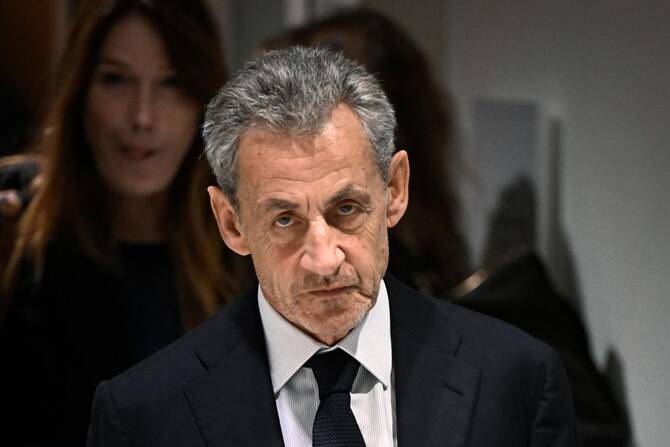Wave of political murders threatens Mexican democracy

Guarded by more than a dozen police officers equipped with semi-automatic rifles and donning a helmet and bulletproof vest, Ramiro Solorio looks more like he is leading an armed raid than running for local political office.
But in parts of Mexico, where scores of local political candidates have been murdered ahead of national elections on June 2, the risk of violence and assassination are so high that many feel they have no choice but to campaign alongside armed guards or wear flak jackets and move around in armored cars.
“We are afraid of being murdered,” Solorio, 55, said, as he greeted residents in one of Acapulco’s poor outskirts, the underbelly of this glitzy tourist spot, where streets stink with overflowing garbage and pools of stagnant water.
He is protected by 15 members of the National Guard after federal authorities found significant risks to his safety.
More political candidates – six – have been killed in the state of Guerrero, where Acapulco is located, than in any other in Mexico.
From September to May, across Mexico, 34 candidates or aspiring candidates have been assassinated.
Security analysts say the killings are mostly linked to drug cartels seeking to influence local elections.
Reuters talked to more than a dozen candidates and party heads to understand the impact of the violence on local elections and the fears many aspiring politicians face.
Solorio, who is running for mayor of Acapulco for the Social Encounter Party, is particularly concerned because he has made security a core issue of his campaign.
Frequently dressing as a Mexican wrestler in a blue "lucha libre" mask, he has dubbed himself "El Brother," as he goes door to door promising to get tough on crime and corruption.
"The coexistence between the government and crime is a reality," Solorio alleged, vowing to clean up local government and restore law and order.
Although the ruling MORENA party is expected to comfortably win the presidential election, the violence against local candidates is a significant blot on President Andres Manuel Lopez Obrador’s legacy and one that underpins criticism that he has failed to improve Mexico’s security situation.
Lopez Obrador will leave office this year when his term ends. His successor is to be chosen on June 2, the same day as the violence-hit elections for local governments.
Lopez Obrador has dismissed data showing an increase in attacks as "sensationalism."
The president defends his record on security, pointing to a 5% fall in homicides last year compared with 2022.
But murders still hover around 30,000 a year and more people have been killed during his presidency than during any other administration in Mexico’s modern history.
"There are areas that candidates definitely can't enter," said Eloy Salmeron, head of the opposition PAN party in Guerrero. In some parts, the party has not fielded any candidates. "There is a lot of fear," he said.
Reuters





